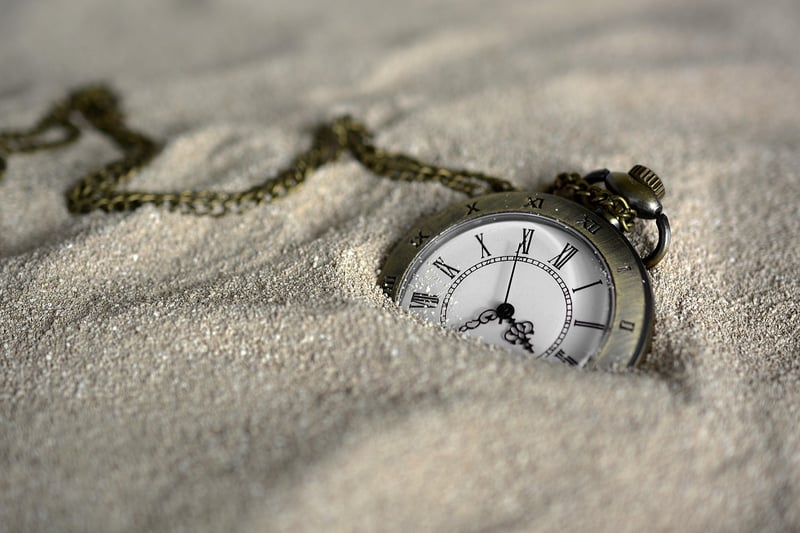Grandfather Paradox
Dive Into Time Conundrums: Exploring the Grandfather Paradox
Time travel has long been a fascination for many, sparking numerous theoretical discussions and thought experiments. One of the most famous paradoxes associated with time travel is the Grandfather Paradox, a conundrum that challenges the very fabric of cause and effect. Let's delve into the intricacies of this mind-bending concept.
What is the Grandfather Paradox?
The Grandfather Paradox is a hypothetical scenario where a time traveler goes back in time and prevents their grandfather from meeting their grandmother, thus preventing the time traveler's own birth. This creates a paradox - if the time traveler was never born, how could they have traveled back in time to alter the past?
Debates and Speculations
Various theories have been proposed to address the Grandfather Paradox. Some suggest the existence of multiple timelines or parallel universes, where changes in the past create new branches of reality. Others argue for the concept of self-healing timelines, where attempts to alter the past are either futile or result in unforeseen consequences.
Philosophical Implications
Beyond its scientific and theoretical aspects, the Grandfather Paradox raises profound philosophical questions about free will, determinism, and the nature of causality. It challenges our understanding of time as a linear progression and prompts contemplation on the complexities of choice and consequence.
Exploring Time Travel
While the Grandfather Paradox remains a thought experiment, its implications continue to fuel scientific inquiry and inspire creative works in literature and film. The concept of time travel opens up a realm of possibilities and challenges our perceptions of reality.
As we ponder the mysteries of time and paradoxes like the Grandfather Paradox, we are reminded of the boundless nature of human imagination and the enduring intrigue of the unknown.

Image source: Pixabay
